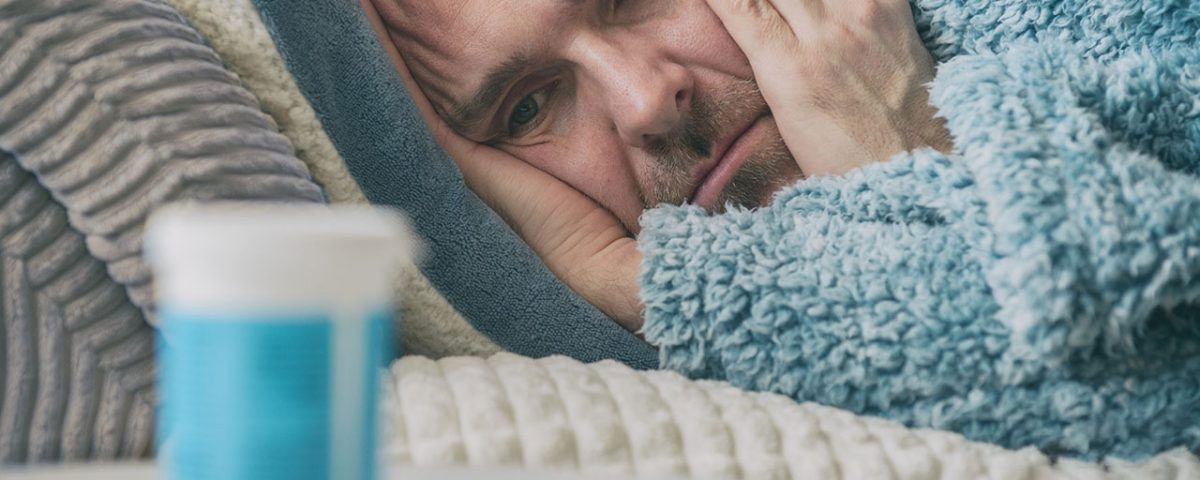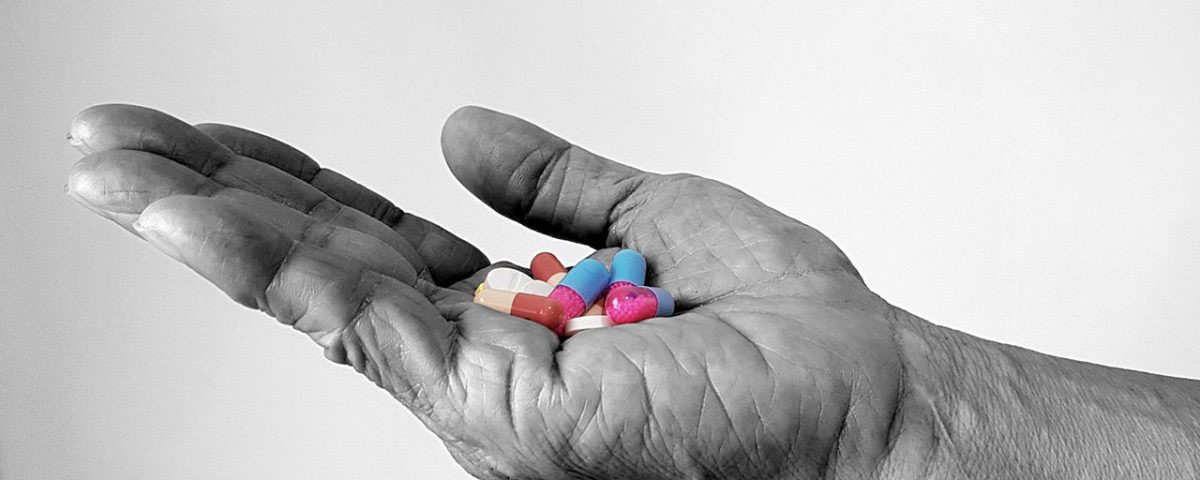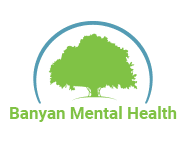


The Stages of Post-Traumatic Stress Disorder
February 24, 2021

The Dangers of Antidepressants
March 9, 2021How Hallucinogens Affect Mental Health


As a mental health care facility in Florida, we know that the mind can be negatively impacted by substance abuse.
There are many studies on psychedelic drugs and mental illness in particular that show how hallucinogens affect mental health. Almost every drug in existence targets the brain, affecting how our mind processes thoughts, emotions, pain, and more. Many people who struggle with a mental illness also turn to substance abuse in order to cope with the symptoms of their condition. The first signs of mental health disorders can be tricky to catch, delaying treatment and increasing the likelihood of dangerous coping methods. One thing that is clear is that hallucinogenic drugs and mental illness are a poor mix – we want to tell you why.
What Are Hallucinogens and How Do They Work?
Hallucinogens also referred to as dissociative drugs or psychedelics, are a class of drugs that alter a person’s perception of time and reality. They impact how the person perceives their surroundings and situation. Hallucinogens are divided into two categories: classic hallucinogens and dissociative drugs. The most common hallucinogens include LSD, psilocybin, peyote, DMT, and 251-NBOMe. As the general term suggests, the most common side effects of hallucinogens are hallucinations. These can make the person hear, see, and feel things that aren’t there. Common dissociative drugs like PCP, ketamine, salvia, and dextromethorphan often produce unpredictable side effects.
In addition to hallucinations, some common side effects of hallucinogens include:
- Increased heart rate
- Nausea
- Intensified sensory experiences (seeing brighter colors or smelling stronger odors)
- Increased blood pressure and heart rate
- Dry mouth
- Loss of appetite
- Lack of coordination
- Lack of motor skills
- Bizarre behavior
- Paranoia
- Anxiety
- Spiritual experiences
The connection between hallucinogens and mental illness can be attributed to the individual’s attempt to manage their mental health symptoms. Especially for mood disorders like depression, the person may become dependent on psychedelics to uplift their mood and distract them from their symptoms; however, this could lead someone down a dangerous path. Addiction is a common result of substance abuse; an individual struggling with both a mental illness and substance abuse disorder may require professional help to recover. At Banyan Mental Health, we offer treatment for co-occurring disorders to help patients heal mentally and physically.
The Effects of Hallucinogens on Mental Illness
Hallucinogens are thought to produce their side effects by acting on neural circuits in certain areas of the brain that use serotonin, a neurotransmitter that stabilizes our mood, feelings, and happiness. It also supports communication between brain cells, helping to keep up functions like sleeping, eating, and digestion. Some of the most common effects of hallucinogens take place in the prefrontal lobe of the brain, which controls mood, perception, and thinking. While many people believe these drugs are harmless and not addictive, they don’t know how hallucinogens affect mental health.
Psychedelics and mental illness are linked because the former can cause long-term psychosis, which produces symptoms like visual disturbances, flashbacks, sporadic thinking, paranoia, anxiety, and mood swings. They can also cause hallucinogen persisting perception disorder (HPPD), which causes severe hallucinations and visual disturbances. Not only can this deteriorate a person’s mental health, but it can greatly impact a person who struggles with an existing mental illness.
IIf you or someone you know is struggling with a mental disorder, do not wait to get help. Call our mental health rehab in Florida at 888-280-4763 to learn more about our mental health programs.
Related Readings:







